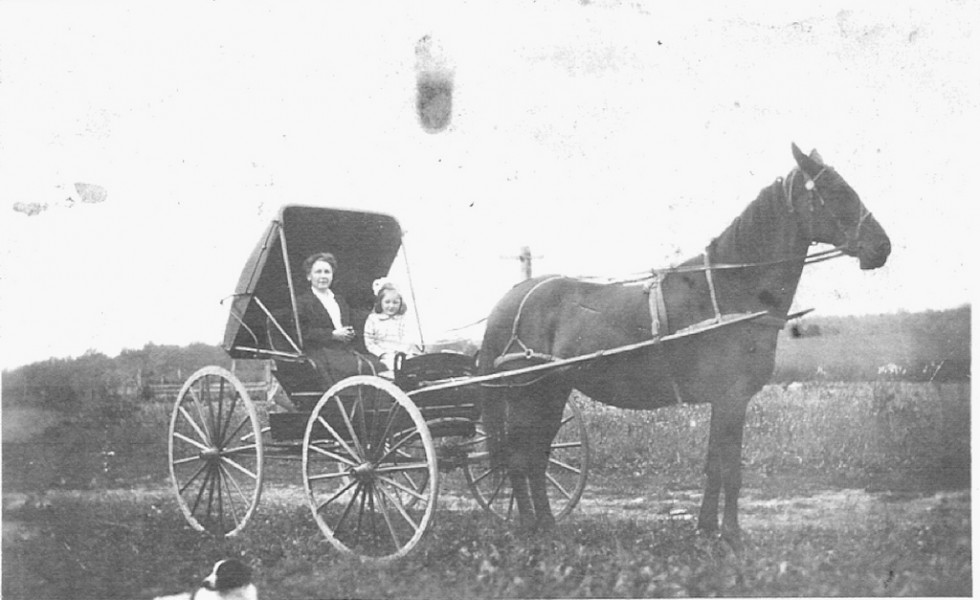“Oh, I Believe in Yesterday”
Posted on July 20, 2016

Across the centuries, Great Britain has given the world many things uniquely British—the Puritans, Andrew Carnegie, The Beatles and, as we Americans again celebrate this Fourth of July, the United States.
On June 23, it gave the world another significant gift: a big step into the dark abyss of a go-it-alone future in today’s ever-globalizing world.
Sure, most of the United Kingdom’s (UK) citizens who voted late last month to the leave the European Union (EU), or Brexit, had what they thought were good reasons to do so: an incoming tide of mostly poor, often-illegal immigrants; a costly, decidedly Europe-centered Common Agricultural Policy, or CAP; an ever-growing bureaucracy in Brussels; and a river of English money flowing out of the UK and only a trickle of EU funds flowing back in.
Now, though, with the step taken, the “Leaves” have discovered an unpleasant truth: their politicians didn’t tell them the whole truth about leaving. In fact, much that was said was not true. For example:
–The majority of the UK’s record setting, net 270,000 immigrants last year were EU citizens exercising their legal right to move freely within the 28-nation bloc;
–Love it or hate it, CAP is crucial to UK farmers; from 2010 to 2013, the latest data available, 40 percent of all UK farm income came from Brussels;
–EU bureaucracy is relatively tiny, about 33,000 civil servants, compared to the number of UK civil servants, 410,000, according the Wall Street Journal, and
–The Leaves’ claim that the UK “sends the EU £350m a week” (about $465 million) is “a lie,” according The Guardian, a leading national newspaper in England. A more accurate figure is “£136m (or $180 million), less than 40% of the amount” claimed by Leave proponents.
While the vote is not legally binding to Parliament (whose members favored staying in the EU by an almost 4-to-1 margin) UK politicians are dancing carefully as they discuss what to do next.
Prime Minister David Cameron, who advocated for a Brexit vote during his 2015 reelection bid, was ambushed by its results; he’s out come September. His opposite, the Labour Party’s Jeremy Corbin, was soundly gobsmacked by colleagues in a “no confidence” vote June 28 and he looks to be history, too.
So far, the only possible winner, according to one leading Leave advocate, might be British farmers who, claimed the politician, ought to receive “the lion’s share” of any former EU duties left after the nation strengthens its national health care system.
Even if Parliament agrees—a very, very long shot at best—no one has any idea if the money will cover the farmers’ soon-to-go CAP payments or when it might flow. For two years at least, however, CAP will remain the key farm income scheme in the UK.
Writing for the blog CAP Reform.eu, Irish ag economist Alan Matthews believes any EU-UK farm program changeover (something, he says, he will “deeply regret”) will be a long time coming.
When it comes, however, the vote “means that trade costs will rise because UK exports… to the EU will no longer be considered ‘internal’ trade.”
Even then, he suggests, UK farmers should strive to remain in EU programs like its European Food Safety Authority, the European Chemicals Agency, and the European Emissions Trading Schemes to maintain “as much mobility of goods, services, capital, and people as possible.”
Ultimately, however, it’s people—not markets, not politics, not regulations—who will be most affected by the dramatic Brexit choice. Nationwide it was a narrow victory for the Leaves; in the countryside, though, farmers voted “more than 2 to 1” to go it alone.
“Possibly,” explains economist Matthews, “this was because UK farmers are in the older age group…”
Well, the oldsters won, and what they won was something they already had—yesterday—and what they lost could be far more fleeting, tomorrow.
© 2016 ag comm
Share This